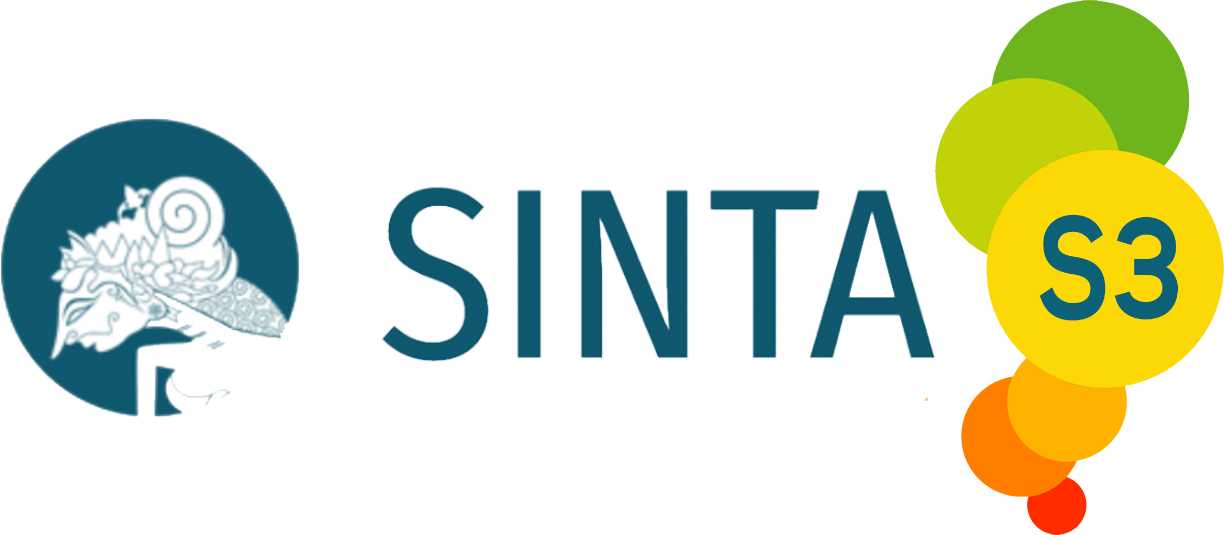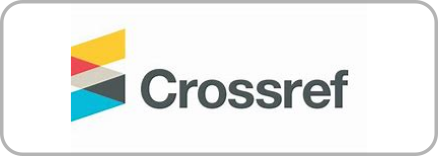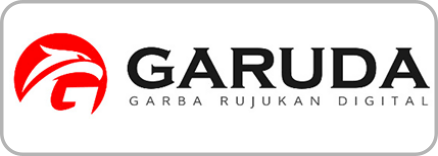Plagiarism Policy
Allegations of Misconduct
International Journal for Applied Information Management Editorial board recognizes that plagiarism is not acceptable and therefore establishes the following policy stating specific actions (penalties) when plagiarism is identified in an article that is submitted for publication in IJAIM. Plagiarism involves the "use or close imitation of the language and thoughts of another author and the representation of them as one's own original work."
Our Policy:
Papers must be original, unpublished, and not pending publication elsewhere. Any material taken verbatim from another source needs to be clearly identified as different from the present original text by (1) indentation, (2) use of quotation marks, and (3) identification of the source.
Any text of an amount exceeding fair use standards (herein defined as more than two or three sentences or the equivalent thereof) or any graphic material reproduced from another source requires permission from the copyright holder and, if feasible, the original author(s) and also requires identification of the source; e.g., previous publication.
When plagiarism is identified, the Editor in Chief responsible for the review of this paper and will agree on measures according to the extent of plagiarism detected in the paper in agreement with the following guidelines:
Level of Plagiaris
1. Minor: A short section of another article is plagiarized without any significant data or idea taken from the other paper
Action : A warning is given to the authors and a request to change the text and properly cite the original article is made
2. Intermediate: A significant portion of a paper is plagiarized without proper citation to the original paper
Action: The submitted article is rejected and the authors are forbidden to submit further articles for one year
3. Severe : A significant portion of a paper is plagiarized that involves reproducing original results or ideas presented in another publication
Action: The paper is rejected and the authors are forbidden to submit further articles for two years.
Plagiarism includes, but is not limited to:
- Directly copying text from other sources without attribution
- Copying ideas, images, or data from other sources without attribution
- Reusing text from your own previous publications without attribution or agreement of the editor
- Exception: Reusing text from the Methods section in the author’s previous publications, with attribution to the source, is acceptable.
- Using an idea from another source with slightly modified language without attribution.
If plagiarism is detected during the peer review process, the manuscript may be rejected. If plagiarism is detected after publication, we may issue a correction or retract the paper, as appropriate.
All manuscripts under review or published with the Emerging Science Journal are subject to screening using "Turnitin" software








